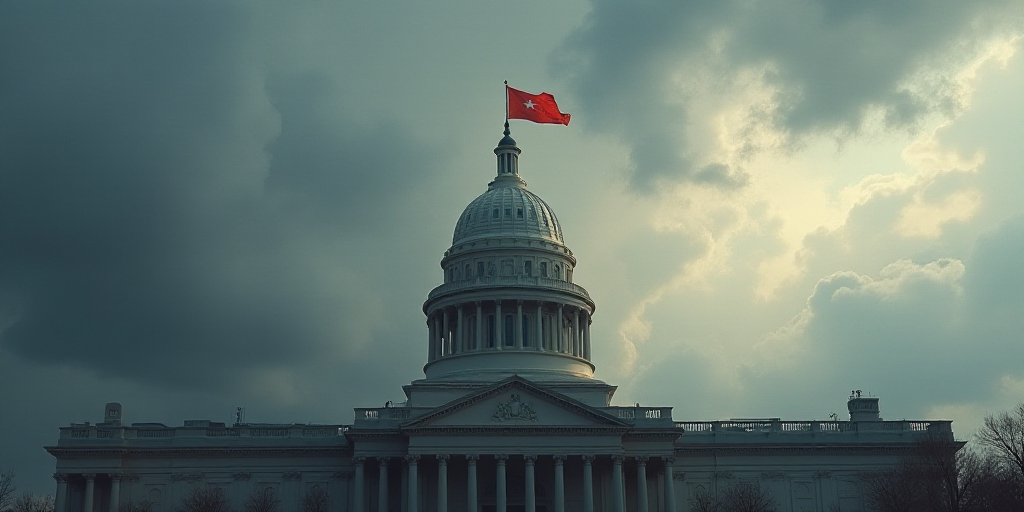Background on Donald Trump and His Relevance
Donald Trump, the 45th President of the United States, is poised to secure a crucial victory in Congress this Wednesday. His ambitious federal budget proposal, which includes significant increases in military spending and tax cuts, is set for final approval. This legislative milestone aims to solidify his presidential legacy.
The Budget Bill’s Key Features
On Tuesday, Senate Republicans approved the package by a narrow margin after 27 hours of intense debate. The bill will increase the national debt by $3.3 trillion and impose the largest cuts to Medicaid since its inception in the 1960s.
- Increases military spending
- Funds a migrant deportation campaign
- Allocates $4.5 trillion for tax relief, extending Trump’s first-term initiatives
- Adds $3.3 trillion to the growing national deficit
The bill fulfills many of Trump’s campaign promises, but fiscal conservatives are displeased with the spending cuts that they believe do not meet earlier commitments.
Challenges in Passing the Bill
Speaker of the House Mike Johnson, a Republican, stated, “We are turning the president’s agenda into law,” expressing confidence in passing the bill. However, Johnson faces a tight margin, needing only three Republican votes to succeed, while over 20 are openly opposed.
“I find it hard to imagine this passing as is. There are some truly bad things in here,” said conservative Andy Biggs on local radio KTAR News.
Congressional voting is expected on Wednesday morning, with a two-day window before Trump’s self-imposed deadline of July 4.
“Vergüenza” – The Democratic Response
The bill’s potential impact is significant, with estimates suggesting 17 million Americans could lose healthcare coverage and numerous hospitals facing closure. Changes to federal food assistance programs could leave millions of low-income Americans without access to food stamps.
Johnson trusts that Trump will pressure undecided lawmakers, as he has done before. A green light from Congress would be a major win for Trump, who has been criticized for governing by executive order.
Democratic lawmakers aim to leverage the controversial bill to shift midterm election control in 2026. Hakeem Jeffries, the House Democratic Caucus Chair, calls it a “disgrace” and criticizes Republican House members for aligning with Trump’s extreme agenda.






